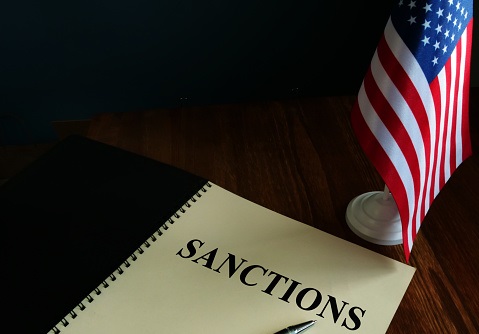The Biden administration is preparing to scale down sanctions on Venezuela to allow oil company, Chevron Corp, to resume pumping oil and ease the energy crisis.
This move would also help pave the way for a potential reopening of US and European markets to oil exports from Venezuela, according to sources familiar with the proposal.
This would happen in exchange for the significant sanctions relief, the Government of Venezuelan President Nicolás Maduro would resume long-suspended talks with the country’s opposition to discuss conditions needed to hold free and fair presidential elections in 2024, the people said.
So far, the price of oil has not reacted in any significant manner and is largely flatlined just below the best levels of the week. Both Brent and Crude oil have made significant gains this week.
It is thought that Venezuela’s government and some Venezuelan opposition figures have also worked out a deal that would free up hundreds of millions of dollars in Venezuelan state funds frozen in American banks to pay for imports of food, medicine, and equipment for the country’s battered electricity grid and municipal water systems.
US officials said details are still under discussion and cautioned that the deal could fall through because it is contingent on Mr. Maduro’s top aides resuming talks with the opposition in good faith.
Adrienne Watson, the spokeswoman for the National Security Council, said. “There are no plans to change our sanctions policy without constructive steps from the Maduro regime.”
If the deal goes through and Chevron, along with US oil-service companies, are allowed to work in Venezuela again, it will put only a limited amount of new oil on the world market in the short term.
Chevron’s stock price is around 0.50% higher after trading, however, the big move higher could come on Wall Street when Chevron opens if the story is confirmed.
This news all comes on the back of the OPEC+ decision on Wednesday, whereby the OPEC+ group decided to cut oil production by 2 million barrels per day.
Elsewhere, German Industrial Orders came in at -2.4% for the month, while the forecast was for a-0.7% decline. The previous reading was-1.1%. The pain for Germany’s industrial sector continues.
The US dollar is slightly higher on the day, gold is softer, and stock futures are mixed in the US, and it is a similar story in Europe.




